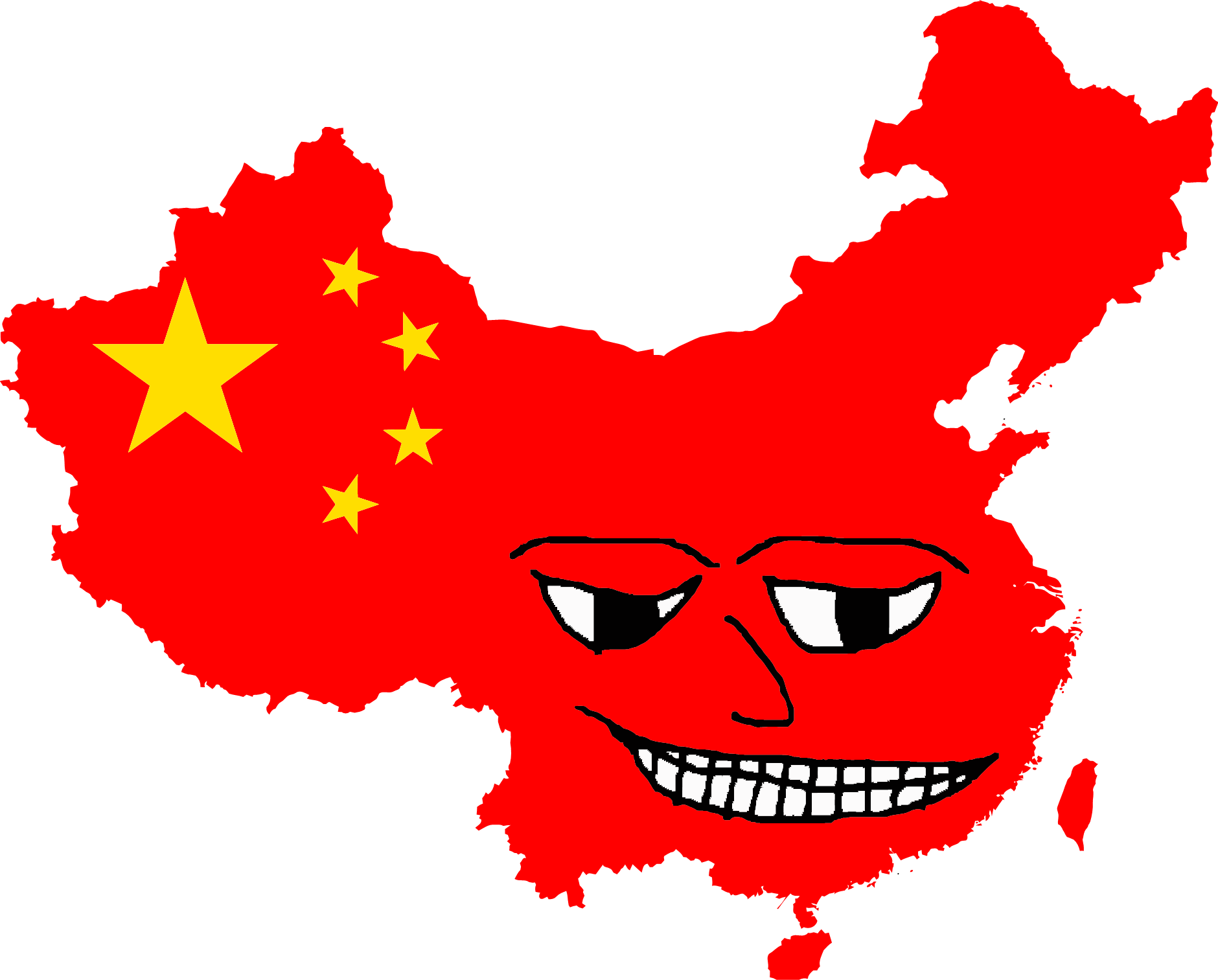TL;DR The CCP actually listened to scientists, instead of their fossil fuel oligarchy, and their massive investment in renewables will pay off as world leaders in the 21st Century’s energy sector.
The most common profession in the NPC, the PRC’s largest representative body, is industrial engineer. Meanwhile in the US, the most common profession for it’s equivalents, are lawyer and financial executives.
Soon we’ll have grifters and convicted felons on that list
Weird how that happens when you constantly invest in scaling up a sector.
I dunno, seems pretty seems pretty complex to me. I’m sure the democratically elected bigwigs in charge know a thing or two about running industries properly. There must be some other reason that countries with underdeveloped solar industries are falling behind…if only we could figure it out!
It makes a lot of sense for China. Except for coal, China doesn’t have any major energy reserves and it is building its energy economy from scratch. Better to build a system with fewer dependencies after construction.
No surprise. Western industry seems more interested in coming up with creative ways to shrinkflate everything I buy than actually moving civilization forward in any meaningful way. I just had to pay 75p for 20 fucking grams of birds eye chillies. I fucking hate everything about capitalism. Going to the shop to buy food actually upsets me.

This is the best summary I could come up with:
Solar module prices in dollar per watt tallied in December show China’s cost of $0.15 well below Indian ($0.22), European ($0.30) and US ($0.40) manufacturing rates," said Steven Knell, vice president at Wood Mackenzie and an expert in power and renewables.
"The enormous cost advantage China holds imply international rivals’ efforts to displace incumbent Chinese suppliers in renewable value chains may well be futile.
The dominant factor was the scale of solar panel manufacturing, enabled by access to investment capital and a less restrictive business and regulatory environment.
“These advantages, which are not indigenous to China, could be replicated by manufacturers based in other countries if comparable scale could be achieved,” said Al Goodrich, a senior analyst at NREL and lead author of the study.
Tonio Buonassisi, an associate professor at MIT and co-author of the study, added: "The holy grail is a photovoltaic module that gives the biggest bang for its buck, with high efficiency, lower materials costs, streamlined and scalable manufacturing, and unquestionable reliability.
But reaching critical mass in the solar module production sector, like in China, requires commensurate commercial application, the experts agree.
The original article contains 451 words, the summary contains 174 words. Saved 61%. I’m a bot and I’m open source!







